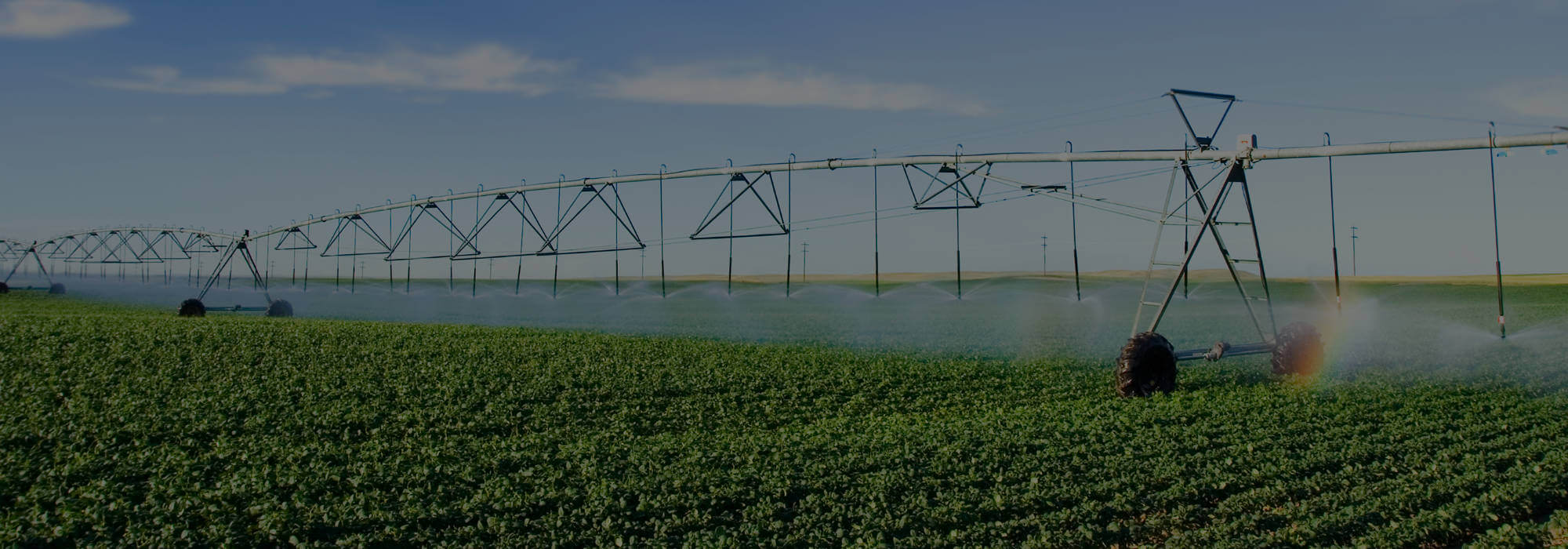06 Oct LEGISLATORS SPEAK ON IMPORTANCE OF COLUMBIA BASIN PROJECT
Three legislators from the Columbia Basin, State Rep. Tom Dent (R-Moses Lake), State Sen. Judy Warnick, and State Rep. Alex Ybarra (R-Quincy) minced no words when expressing the importance of the Columbia Basin Project (CBP) to our corner of the world and beyond.
“Ya like to eat? Well, that’s why we need irrigation,” Dent said. Besides that, irrigation is the main purpose for the Columbia Basin and its towns and cities, the lawmakers agreed. Even the tech-savvy companies that dot the landscape of western Grant County would not be there if lured by the cheap power rates and rich land made possible by the mighty Columbia River and its waters.
The following are excerpts of three brief interviews with these distinguished lawmakers as they discuss the importance of the Project and the phased approach to its completion, currently, prioritizing the completion of the Odessa Ground Water Replacement Program. The interviews are listed in alphabetical order.
STATE REP. TOM DENT
“Some of those high-value vegetable crops like potatoes and green beans that we grow here, require consistent water. Irrigation is very important for some of the staples of our food supply. And potatoes are definitely one of those. I don’t know anyone who doesn’t like French fries or baked potatoes. It’s important that we keep that crop.”
“It’s not like we have five years of food stocked up somewhere, because we don’t. Irrigation plays a major part in what we do as we try to be consistent in the crops we raise. Here in the Columbia Basin we are not drought-proof, but we are as close to it as anywhere in the world. We have always had a pretty consistent water supply ever since this project started.”
“That’s why this [Odessa] Ground Water Replacement Program is so very important. You know the [Odessa] aquifer is declining quicker than we wish it would and we need to replace it because it’s not going to recharge as rapidly as we need it to. By doing this, we are going to get the growers off that declining aquifer and in order to maintain our ability to grow food. There’s an economic benefit for people who depend on that for their livelihoods, such as farmers, farmworkers or people who work at a processing plant or the grocery store. So, it all rotates around what we do here, agriculture, our No. 1 thing.”
“The farmers concerned with the declining Odessa aquifer, they want to replace that water: No. 1, The (replacement) water is better water, which probably means as much as 25 percent higher yield with that Columbia River water, as opposed to groundwater. So yeah, the people depending on this, they want that water.”
STATE SEN. JUDY WARNICK
“The people in eastern Grant County and Lincoln County are really hopeful that we can finalize the Columbia Basin Project, because it’s been a long time coming and we are making progress, but it’s slow. When you have the federal government involved and any type of money involved, it does take a long time to accomplish. I’m cautiously optimistic that we will make progress one step at a time and one project at a time. We are going to get there sooner rather than later.”
“The Odessa aquifer is a big concern. The groundwater is severely impacted by the temporary wells we were allowed to drill several years. The smaller communities like Lind and Ritzville, and even Moses Lake has seen some impact. The groundwater is depleting and we need to be able to finish the Odessa Ground Water Replacement Program.”
“Irrigation has opened up recreation, fish-and-wildlife areas, fishing opportunities. We were just north of Moses Lake over the weekend, and we rode on horseback into Homestead Lake. Those lakes would not be there at all without irrigation. Saw the ducks and the geese and the fishing opportunities. None of that would be there without irrigation.”
“I think the future is very bright. We have some of the best soils in the country and the best growing conditions in the country, if we can just get the water to the crops. So, I think it will be a good future for not only past generations and my generation but future generations.”
STATE REP. ALEX YBARRA:
“The only reason we are here, the only reason Quincy is here is because of irrigation. Back before irrigation there were maybe 100 people here. It was desert. Millions of jackrabbits lived there, with sagebrush and rattlesnakes and some people--and that was it. Now we are a flourishing community, we are almost the breadbasket of the U.S. with all the food and crops coming out of Grant County and the other counties surrounding us.”
“What we are trying to do is complete the Columbia Basin Project, which means we are going to try and irrigate all of Adams, Lincoln and Franklin counties all the way down to the Oregon border. A gigantic project. We have water locked up from the feds, we have a certain amount of water that will feed that system whenever it gets completed, hopefully sooner rather than later.”
“The Odessa aquifer is a big concern. Just in my hometown of Quincy we are running out of potable water because of all the new buildings coming into town, the new housing, the new businesses.”
“Irrigation is the root of everything for us in Central Washington, and what it’s brought us is all the data centers, for example. I mean, we got Microsoft, Yahoo, Sabey, Dell, all in town and all that was made possible because we were the perfect location for those data centers. And what made that perfect was because we had rich, cheap, farmland and cheap energy.”
